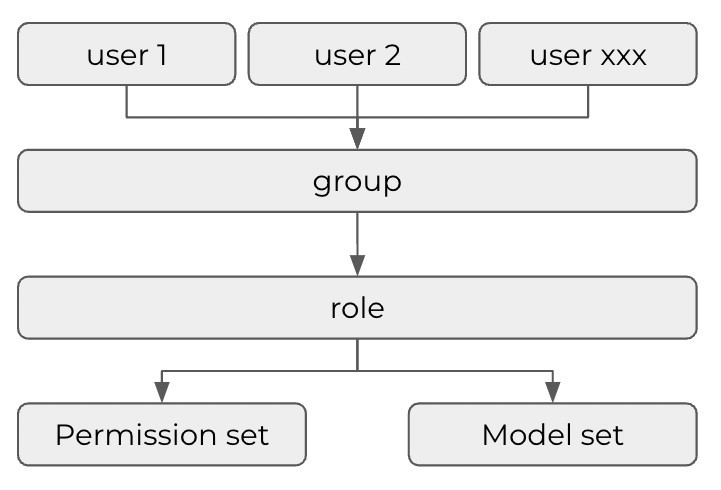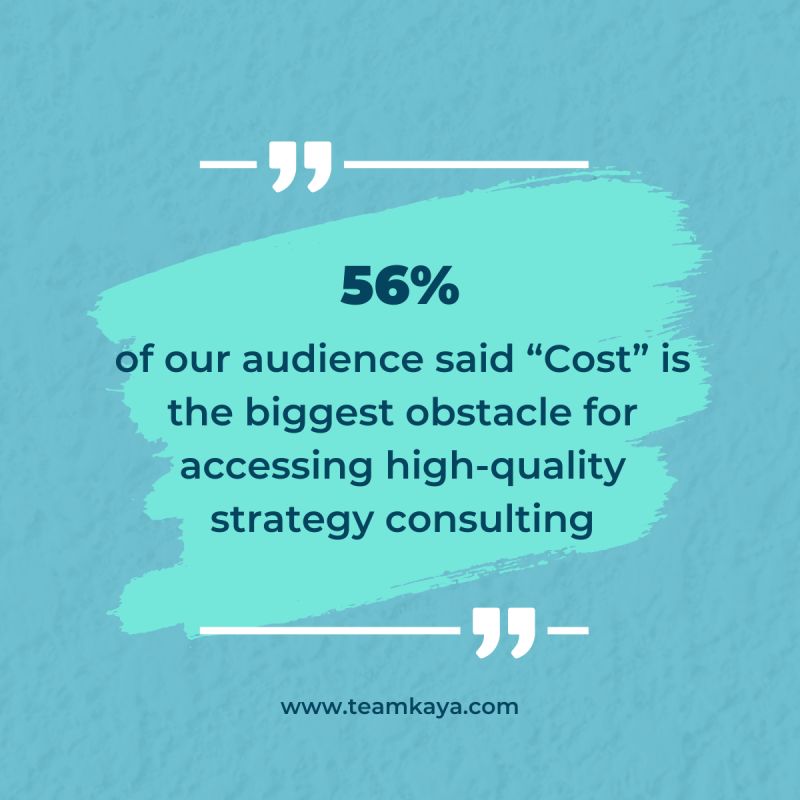Why DIY Roofing Projects Can’t Compete with Professional Roofing Companies
Image source: Google
When it comes to repairing or replacing your roof, it may be tempting to tackle the project yourself to save money. However, DIY roofing projects come with a host of risks and challenges that can often outweigh any potential cost savings. In contrast, hiring a professional roofing company can provide you with peace of mind, quality workmanship, and long-lasting results. In this article, we will explore the reasons why DIY roofing projects can't compete with professional roofing companies.
Expertise and Experience
One of the primary reasons why DIY roofing projects fall short compared to hiring a professional roofing company is the difference in expertise and experience. Professional roofers undergo extensive training and certification to ensure they have the knowledge and skills to handle various roofing materials and techniques. On the other hand, DIY enthusiasts may lack the necessary experience and could make critical mistakes that could compromise the integrity of the roof.
Key points:
- Professional roofers have years of experience working on different types of roofs.
- They are trained to identify potential issues and provide effective solutions.
- DIY enthusiasts may lack the skills and knowledge necessary for a successful roofing project.
- Mistakes made during a DIY project can lead to costly repairs down the road.
Quality Materials and Tools
Another factor that sets professional roofing companies apart from DIY projects is access to high-quality materials and specialized tools. Roofing contractors have established relationships with suppliers, allowing them to source top-quality materials at competitive prices. Moreover, they have the right tools and equipment to handle any roofing job efficiently and safely. DIYers may end up using inferior materials and tools, resulting in a subpar roof that may not withstand the test of time.
Key points:
- Professional roofers have access to high-quality materials that ensure durability and longevity.
- They use specialized tools and equipment to complete the job accurately and efficiently.
- DIYers may compromise on materials and tools, leading to a weaker roof structure.
- Inferior materials can result in leaks, damage, and the need for premature repairs.
Safety and Liability
Roofing is a dangerous job that requires proper safety precautions to prevent accidents and injuries. Professional roofing companies prioritize safety by adhering to strict industry regulations and guidelines. They have the necessary safety training and equipment to minimize risks while working at heights. In contrast, DIYers may not have the same level of safety knowledge or gear, putting themselves at significant risk of falls and other hazards. Additionally, if an accident were to occur during a DIY project, the homeowner would be liable for any injuries or damages, whereas professional roofing companies carry insurance to cover such incidents.
Key points:
- Professional roofers follow safety protocols to protect themselves and the property.
- They are equipped with safety gear and training to prevent accidents on the job.
- DIYers may lack the proper safety precautions, increasing the risk of injuries.
- Homeowners are responsible for any accidents or damages that occur during a DIY roofing project.
Warranty and Guarantees
Professional roofing companies stand behind their workmanship and materials by offering warranties and guarantees on their services. This provides homeowners with peace of mind knowing that they are protected in case any issues arise after the project is completed. In contrast, DIY projects do not come with any such assurances, leaving homeowners to deal with any defects or problems on their own. By hiring a professional roofing company, you can ensure that your investment is protected and that any issues will be promptly addressed by the contractor.
Key points:
- Professional roofers offer warranties and guarantees on their work to provide reassurance to homeowners.
- Homeowners can rely on the contractor to address any issues that may arise post-installation.
- DIY projects do not come with any warranties or guarantees, leaving homeowners vulnerable to future problems.
- Professional roofing companies prioritize customer satisfaction and strive to deliver long-lasting results.
In conclusion, while DIY roofing projects may seem like a cost-effective solution, the risks and challenges associated with them far outweigh any potential benefits. By hiring a professional roofing company, you can ensure that your roof is installed or repaired correctly, using high-quality materials and industry best practices. Additionally, you can enjoy the peace of mind that comes with knowing your investment is protected by warranties and guarantees. When it comes to your roof, it's always best to leave it to the experts.
Image source: Google
When it comes to repairing or replacing your roof, it may be tempting to tackle the project yourself to save money. However, DIY roofing projects come with a host of risks and challenges that can often outweigh any potential cost savings. In contrast, hiring a professional roofing company can provide you with peace of mind, quality workmanship, and long-lasting results. In this article, we will explore the reasons why DIY roofing projects can't compete with professional roofing companies.
Expertise and Experience
One of the primary reasons why DIY roofing projects fall short compared to hiring a professional roofing company is the difference in expertise and experience. Professional roofers undergo extensive training and certification to ensure they have the knowledge and skills to handle various roofing materials and techniques. On the other hand, DIY enthusiasts may lack the necessary experience and could make critical mistakes that could compromise the integrity of the roof.
Key points:
- Professional roofers have years of experience working on different types of roofs.
- They are trained to identify potential issues and provide effective solutions.
- DIY enthusiasts may lack the skills and knowledge necessary for a successful roofing project.
- Mistakes made during a DIY project can lead to costly repairs down the road.
Quality Materials and Tools
Another factor that sets professional roofing companies apart from DIY projects is access to high-quality materials and specialized tools. Roofing contractors have established relationships with suppliers, allowing them to source top-quality materials at competitive prices. Moreover, they have the right tools and equipment to handle any roofing job efficiently and safely. DIYers may end up using inferior materials and tools, resulting in a subpar roof that may not withstand the test of time.
Key points:
- Professional roofers have access to high-quality materials that ensure durability and longevity.
- They use specialized tools and equipment to complete the job accurately and efficiently.
- DIYers may compromise on materials and tools, leading to a weaker roof structure.
- Inferior materials can result in leaks, damage, and the need for premature repairs.
Safety and Liability
Roofing is a dangerous job that requires proper safety precautions to prevent accidents and injuries. Professional roofing companies prioritize safety by adhering to strict industry regulations and guidelines. They have the necessary safety training and equipment to minimize risks while working at heights. In contrast, DIYers may not have the same level of safety knowledge or gear, putting themselves at significant risk of falls and other hazards. Additionally, if an accident were to occur during a DIY project, the homeowner would be liable for any injuries or damages, whereas professional roofing companies carry insurance to cover such incidents.
Key points:
- Professional roofers follow safety protocols to protect themselves and the property.
- They are equipped with safety gear and training to prevent accidents on the job.
- DIYers may lack the proper safety precautions, increasing the risk of injuries.
- Homeowners are responsible for any accidents or damages that occur during a DIY roofing project.
Warranty and Guarantees
Professional roofing companies stand behind their workmanship and materials by offering warranties and guarantees on their services. This provides homeowners with peace of mind knowing that they are protected in case any issues arise after the project is completed. In contrast, DIY projects do not come with any such assurances, leaving homeowners to deal with any defects or problems on their own. By hiring a professional roofing company, you can ensure that your investment is protected and that any issues will be promptly addressed by the contractor.
Key points:
- Professional roofers offer warranties and guarantees on their work to provide reassurance to homeowners.
- Homeowners can rely on the contractor to address any issues that may arise post-installation.
- DIY projects do not come with any warranties or guarantees, leaving homeowners vulnerable to future problems.
- Professional roofing companies prioritize customer satisfaction and strive to deliver long-lasting results.
In conclusion, while DIY roofing projects may seem like a cost-effective solution, the risks and challenges associated with them far outweigh any potential benefits. By hiring a professional roofing company, you can ensure that your roof is installed or repaired correctly, using high-quality materials and industry best practices. Additionally, you can enjoy the peace of mind that comes with knowing your investment is protected by warranties and guarantees. When it comes to your roof, it's always best to leave it to the experts.









